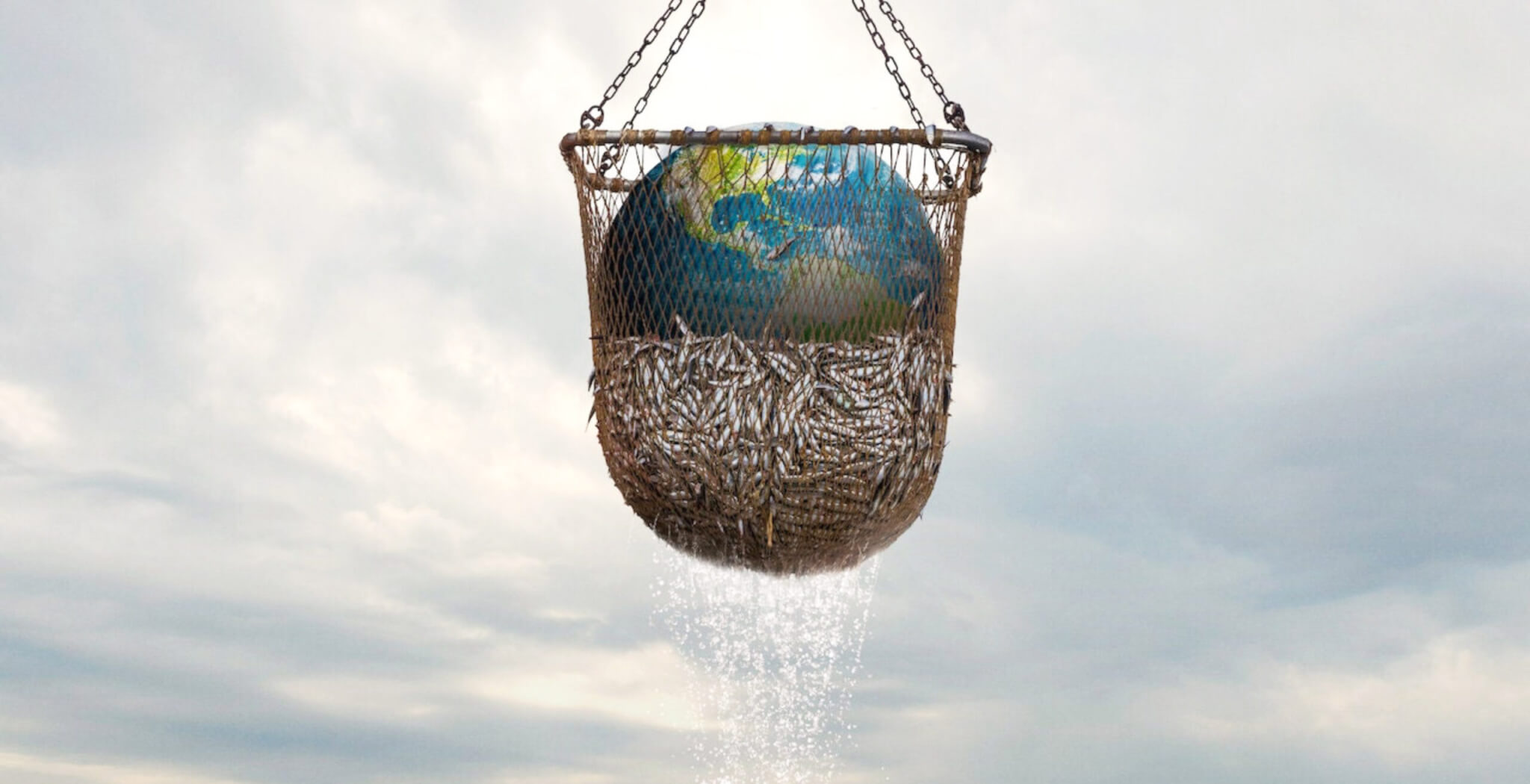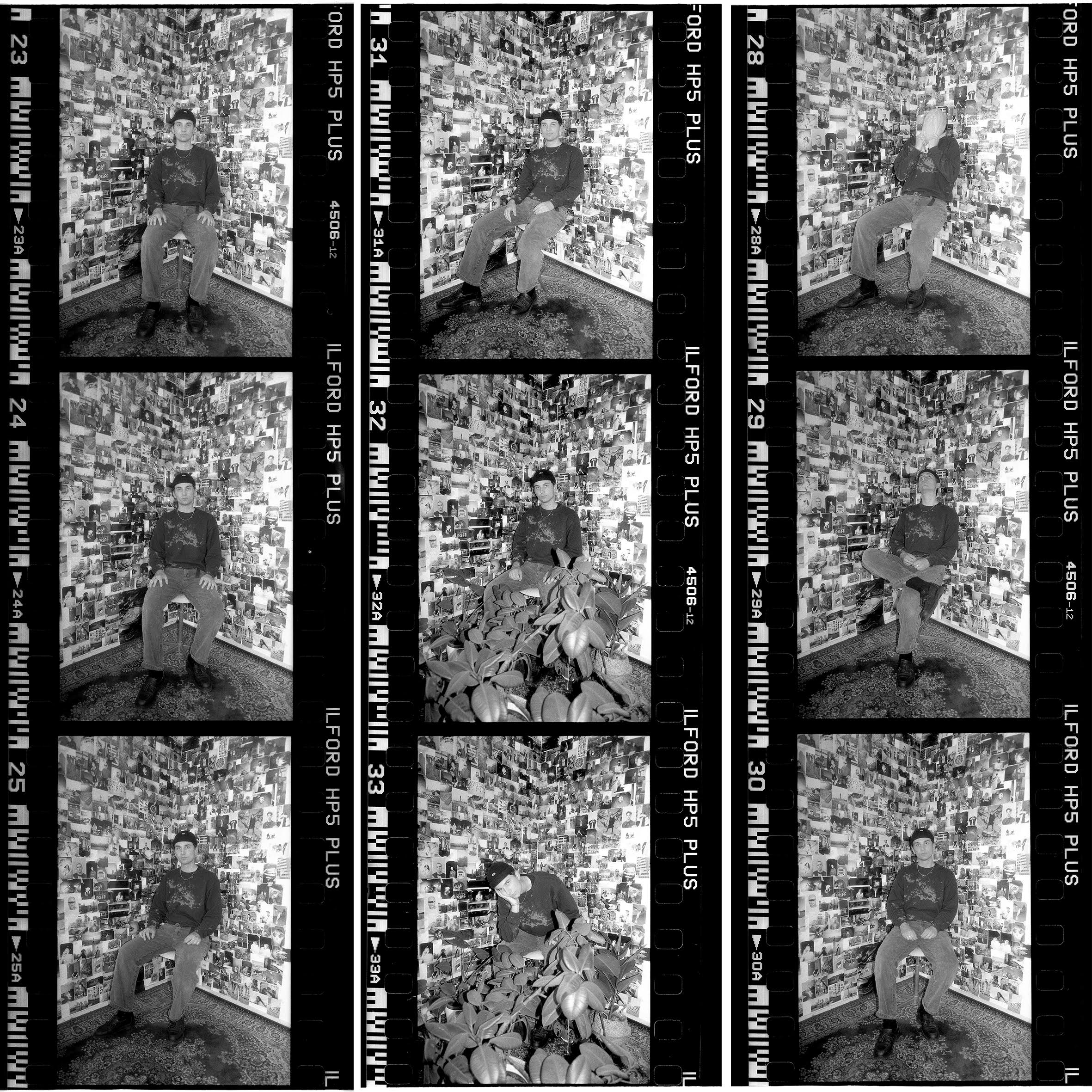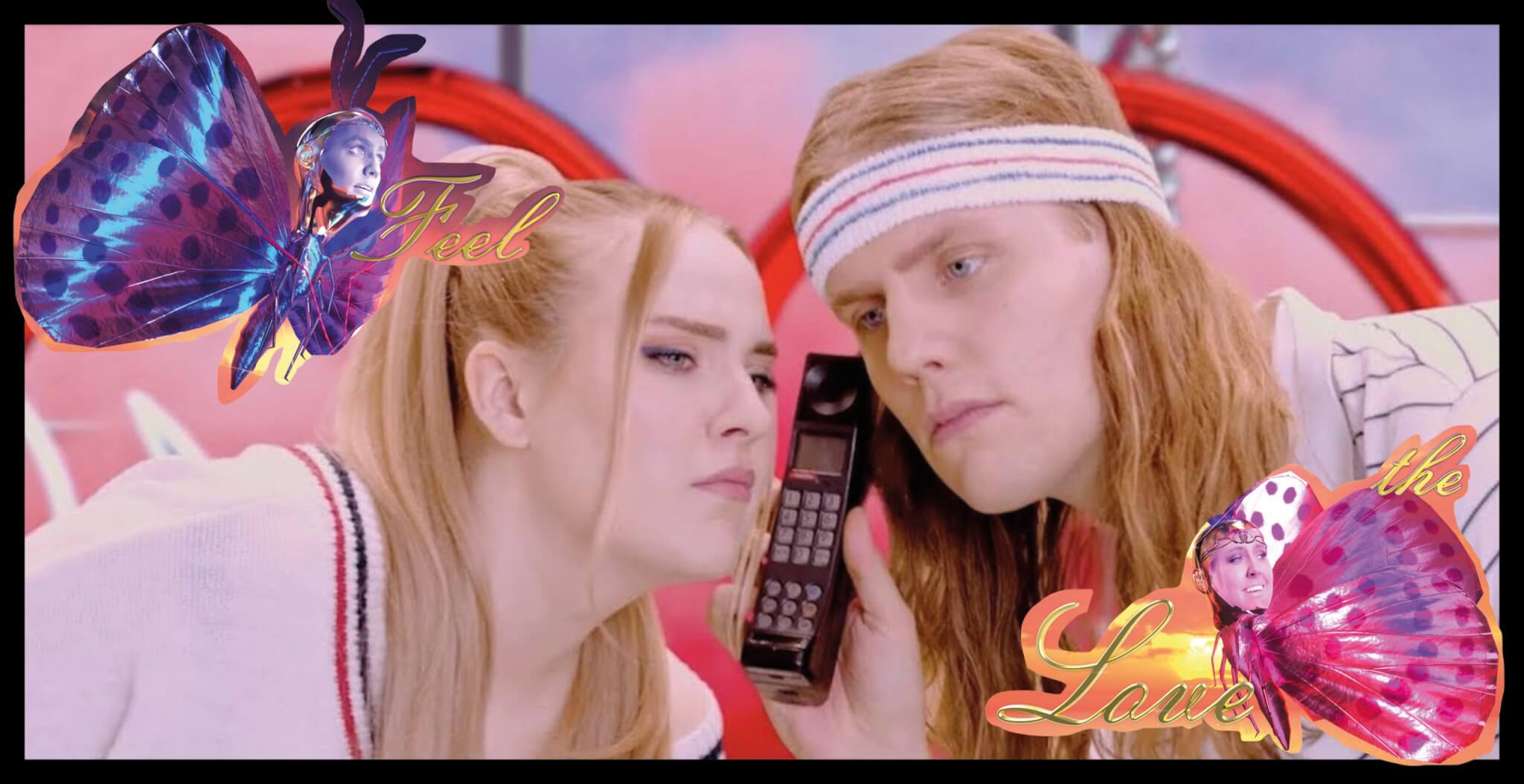Remember “Seaspiracy,” the Netflix documentary directed by Ali Tabrizi that was released in March? It sheds light on the devastating impact of commercial fishing on the ocean, highlighting the interconnectedness of the fishing industry with modern slavery and climate change. One key takeaway from the film is the notion that the best way to protect the ocean and marine life is simply to avoid consuming seafood.
However, the documentary faced criticism for its perceived “white savior” perspective and for seemingly advocating veganism for everyone, including those who rely on fish for their nutritional needs. It’s important to note that “Seaspiracy” never claimed veganism as the sole solution. It merely suggests that abstaining from seafood consumption is the most effective approach for those who have the means and privilege to do so. This excludes individuals who rely on fish for sustenance or cannot afford a vegan diet.
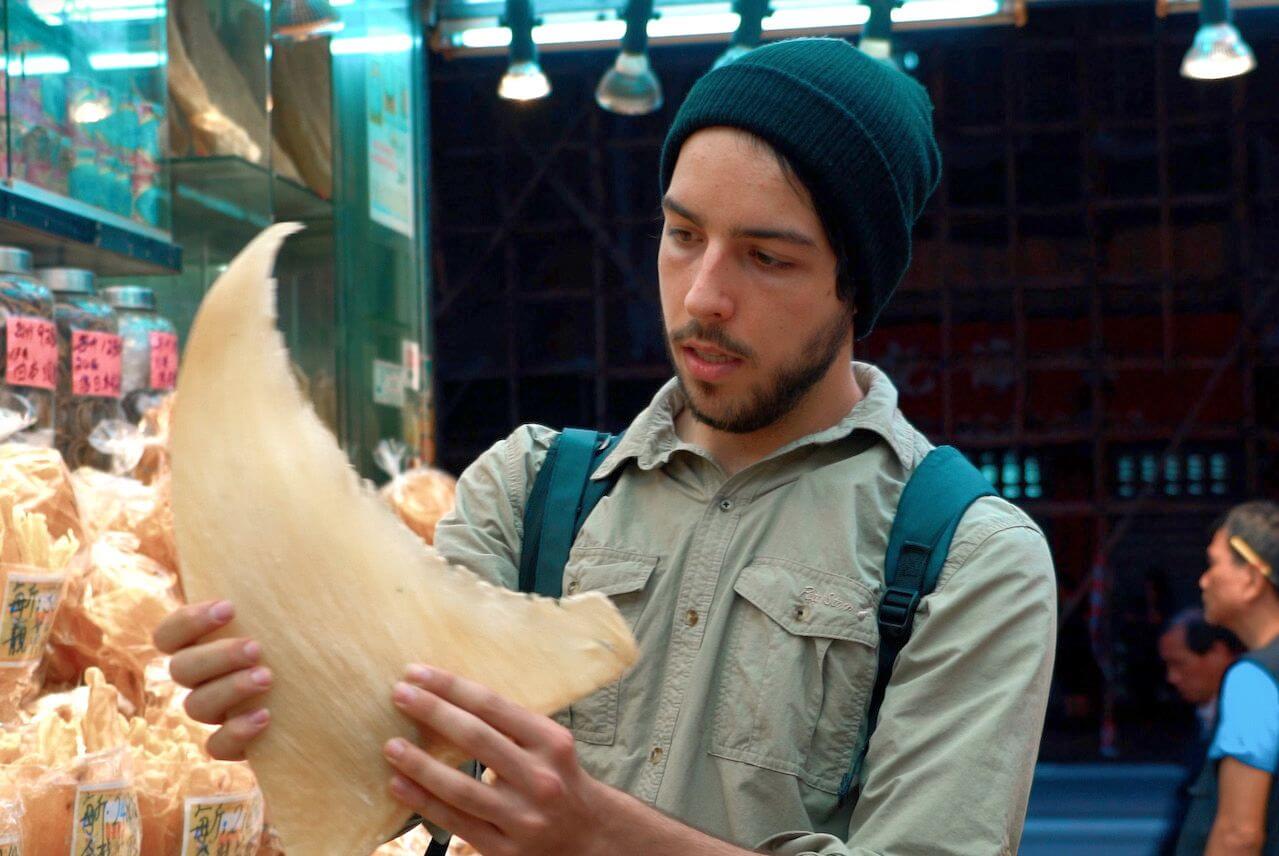
Tabrizi also points out that sustainable fishing is often more of a label than a reality. The documentary paints a grim picture of the feasibility of sustainable fishing in the future, but this pessimistic conclusion may stem from a lack of diverse perspectives. By focusing primarily on white and capitalistic fishing practices, the film overlooks the voices and experiences of other societies.
An interview by Greenpeace with Climate Activist Brianna Fruean, who grew up in Samoa, emphasizes this point. Fruean explains that “Seaspiracy” presents an incomplete picture of sustainable fishing by disregarding the viewpoints of aboriginal people. While the documentary claims sustainable fishing is impossible, Fruean invites us to broaden our perspective and look beyond the dominant Western industries and fish markets. For centuries, coastal and island communities have lived in harmony with the sea, rather than exploiting it. Fruean believes that if capitalism were to change and corporations were willing to learn from these communities, sustainable fishing could become a reality on a larger scale.
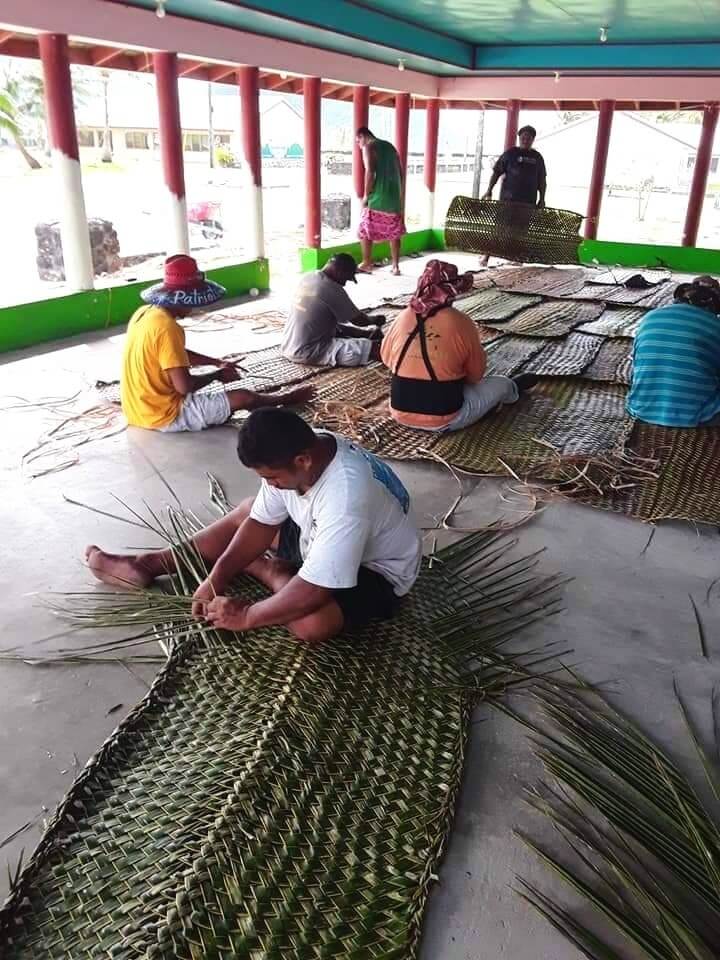
Documentaries like “Seaspiracy” necessitate personal responsibility to delve deeper into the subject, question the assertions and statistics presented, and conduct further research. Although Ali Tabrizi is not a scientist, he uses filmmaking techniques to share his story, intentionally evoking emotions and aiming to spark discussion and controversy.
He initiates a conversation that now relies on each and every one of us to continue and enrich with fresh perspectives and concepts. That’s why I urge you once again to watch the documentary. It’s time for us to engage in dialogue and take action to protect our oceans and, ultimately, ourselves.








